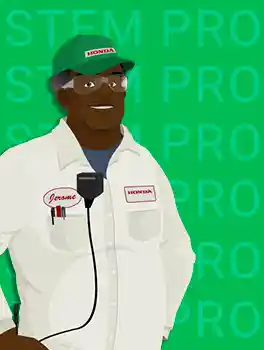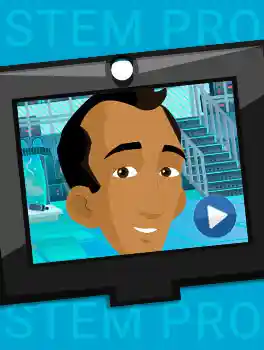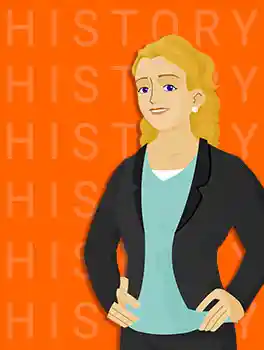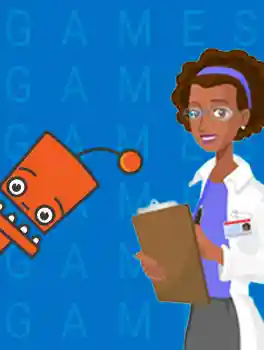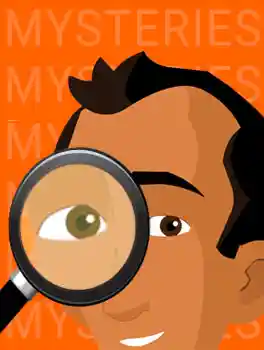Edheads.org
Welcome to STEM Stars Powered by edheads.org—where you get an inside look at careers in science, tech, engineering and math. Today’s guest is VP and data manager, Parker Zee.
Parker Zee
My name is Parker Zee and I am a Vice President of Development and data manager for Woda Cooper Companies. My typical day to day will include analyzing markets to really decide where we want to develop real estate. I’ll look into data provided by the U.S. Census Bureau, as well as market data to hone into certain areas. I’ll use the data to draw our company and our development team to decide exactly where and what towns we want to develop in, and even more narrow than that, what neighborhoods and certain towns we want to develop in.
My company develops affordable housing and a lot of what I do involves working with state governments, local governments. In this data driven approach to real estate development—from the business side—this allows the company to earn money. On a more personal note: we’re really driving these locations that need affordable housing where these families have lower incomes and can’t afford to live. That really burdens a lot of these families and there’s nothing better than getting to go to one of these grand openings and seeing the smile on these families faces when they finally get to go to a place where they can call home.
And it’s a quality development and they know it’s theirs and it’s something they can afford without being burdened. My interest in STEM and really data analytics really started from that high school. Even before then. I was always really successful in math and I applied to go to Ohio State University. I actually applied in to go into an honors math program and I was accepted.
And in the orientation for honors math, I was introduced to a role of data analytics, which was really a new field, and it was presented as like—if if you’ve seen the movie Moneyball, which stars Brad Pitt and talks about the Oakland Athletics…
And you walk me through the board. This equation in the upper left right here, I projecting that you need to win at least 99 games in order to make it to the postseason. We need to score at least 814 runs in order to win those games and allow no more than 645.
That’s what a lot of what the Oakland A’s did to produce one of the best teams and the longest winning streak in MLB history. Despite having one of the lowest payrolls year over year was they took an analytics driven approach. And that—really my love for baseball, my love for math really combined at that moment. And I thought maybe honors math and the theoretical path isn’t for me.
Maybe it’s this data analytics where it’s hands on. I can see the numbers that have got me interested. If I can also see the real world results. The coolest thing about my job is really getting to program. I work a lot with Python to create data visualizations and maps and just seeing a short program produce something so large and powerful and how that helps the company.
Just being able to learn new capabilities and apply them to my position is very interesting. Science is important because it’s really the basis of what allows our society to progress more and more each day. If you think about data analytics, this wasn’t a field five, ten years ago and even before that, 30 years ago, computer science was a new thing.
And since then it’s progressed to be able to analyze billions and billions of data in seconds. And I can’t wait to see what science continues to evolve into. The more science we understand, the faster we can adapt to issues that come up, the faster we can solve solutions before issues come up. Probably one of my biggest screw ups was back in 2020.
We submitted an application for funding on a project. I had made the mistake of where we needed at least 75% of our units at two-bedrooms or more. I was off by one unit and therefore just under 75% and we submitted our application subsequently did not receive funding. Had I not made that mistake, we probably would have received funding and that probably would have netted the company between one and one and a half million dollars.
But that was a big missed opportunity cost because of a small number and a small error in counting. I’ve learned that I just need to be very attentive to detail; everything you think you’ve double checked, you got to triple check it because clearly one one small number can make a big difference. And in that case, it made a one $1 million difference.
If you want to get to a position like mine, really the key is keep an open mind. Be ready to learn more experiences and try things that you wouldn’t have thought of and go above and beyond to not just do the work that needs to get done, but to try to learn more and really try to diversify your interests and your capabilities and it doesn’t even need to be something that you start programing from a young age.
I didn’t start programing until college. And it can be any anything that interests you. Just don’t be hesitant to just go out and pursue it. Good things will come.




